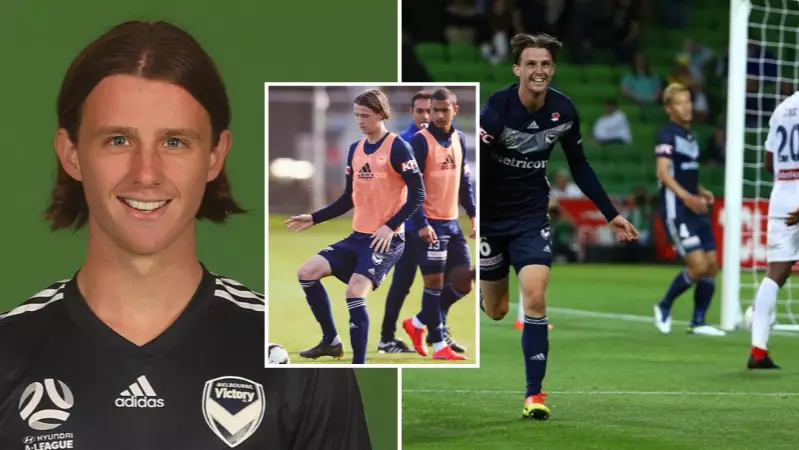
It's just 24 hours after Josh Hope made the hardest decision of his life. "The anxiety was crazy," he tells SPORTbible. "It's something I never really understood but was always aware of. I would go to sleep dreading waking up, and wake up dreading going to train. I physically couldn't eat on game days."
It remains an ongoing problem faced by many footballers. Targeted abuse of players on social media has sadly become normalised in modern-day society and the stark reality is, these issues only appear to be getting worse.
Case in point: Josh Hope.
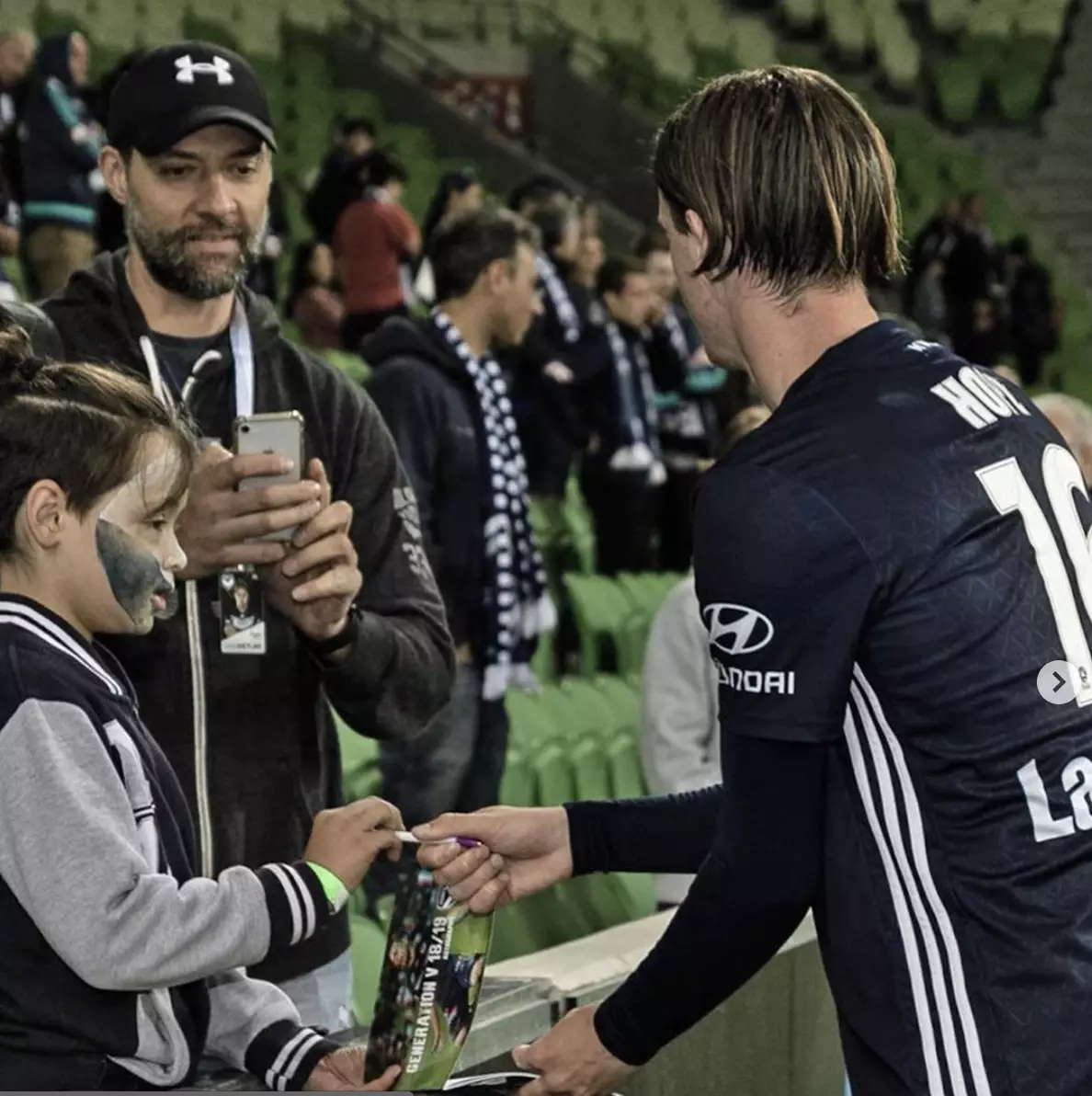
Earlier this week the talented 22-year-old midfielder from Tasmania, Australia, announced his decision to walk away from a promising career in A-League football because of the crippling anxiety he suffered from relentless and debilitating online abuse.
Hope was more than just your average player. In 2015, he became the first Tasmanian in 23 years to receive an Australian Institute of Sport football scholarship and just a year later, the youngster made his senior debut for Melbourne Victory in their International Champions Cup match against Juventus.
It looked like he was destined for big things but around 18 months ago, after conceding a penalty in a match, the abuse on social media platforms including Instagram and Twitter started to affect not only his performances on the pitch, but his overall mental health.
"I had been playing alright but I was inconsistent and certainly not where I wanted to be," Hope tells us.
"I gave away a penalty. It happens but after that game in particular, I had hundreds of tags on social media and they were all negative. Not to mention the personal messages. Someone said they would kill me if I gave away another penalty. It's a vicious cycle because you become so scared of fucking up, you can't play properly. And it really didn't stop after that.
"Once you get that much hate, it doesn't matter if you play a few good games, people's minds are set."
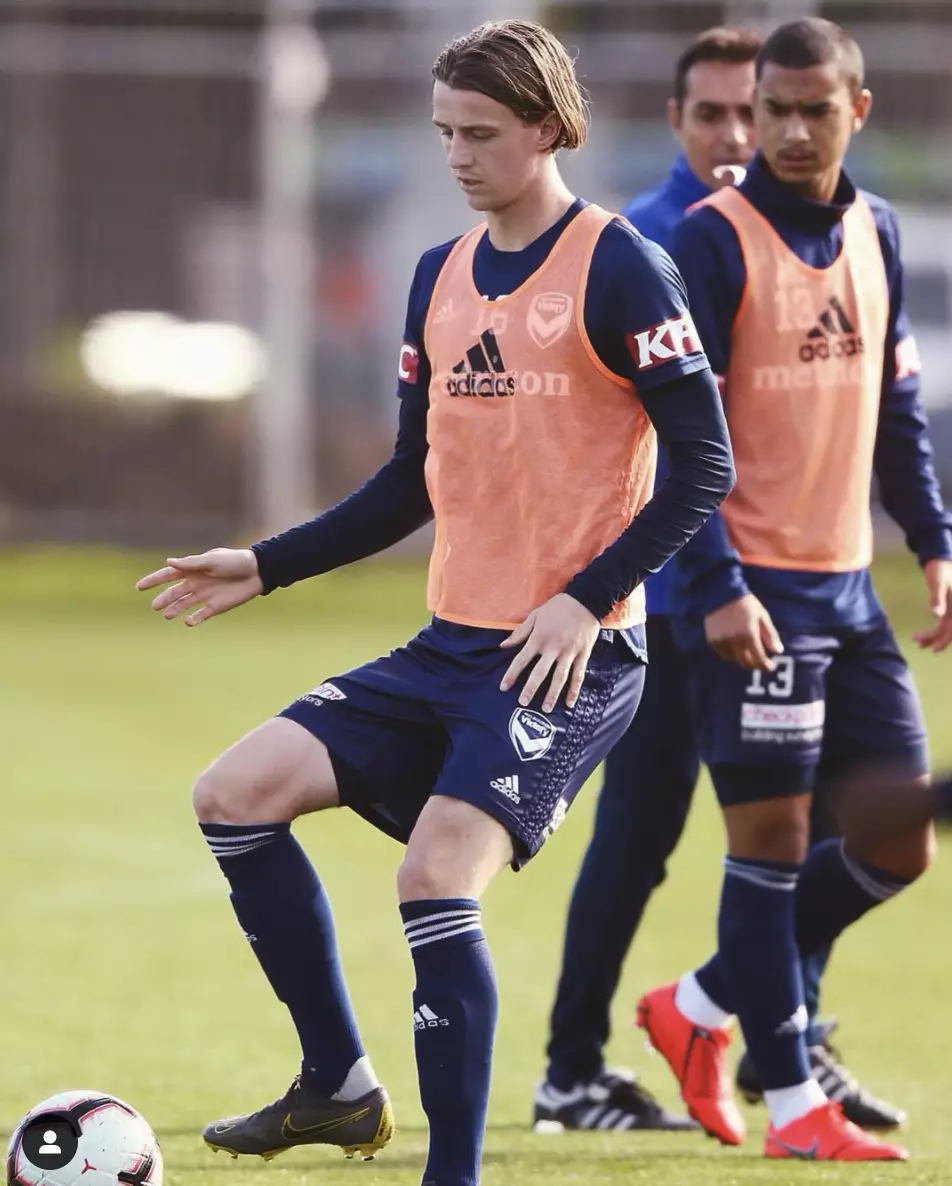
The abuse was now becoming personal. Whether that be a comment about his appearance or his performances, it was starting to become a real problem.
"It would often be about how shit I am as a player or about how 'hopeless' I am on the pitch. But I also received countless direct messages attacking me as a person rather than a player. They would be about my appearance, especially my hair. It's 2020, not 1950 who cares about someone's hairstyle?
"Of course criticism, if delivered the right way, is always appreciated but it was never constructive. It was always personal."
Anxiety from the abuse started to creep into Josh's day-to-day life. He describes the grocery run being like a marathon and he struggled to eat anything on match day, which would obviously have a big impact on his performances on the pitch.
"Initially it was purely anxiety based but over time, I could see it was more than that. I didn't feel like myself for a very long time."
Hope admits he didn't want to play football at all. He was restricted by feelings of fear and animosity that made him afraid of performing to the best of his ability.
"It got to a point where the thing I had grown to love, dedicated my whole teenage years to, moved away for at 16, had become the thing I despised the most. And coming to terms with that now is devastating.
"It hampered my performance constantly. I would train like a machine but game day I was too afraid to make mistakes; too afraid to try new things. It was bullshit because that is not the player I ever wanted to be, and I knew I was so much better."

Hope decided enough was enough when he travelled to his home in Tasmania earlier this week.
He posted an emotional statement on his Instagram page confirming his decision to walk away from the game, receiving a flood of supportive messages in the aftermath.
"It was more so the accumulation of a number of things that lead to me feeling grim. It was an 18-month battle. But after coming out of seven weeks in the COVID hub, I got to come home for the first time in about nine months. This is when it really hit hard and made me realise just how bad I had been feeling.
"When talks about a new contract started, I thought to myself, 'Do I want to put myself through that again?' And the answer was no. A blatant no. The thought of returning to an environment like that just gave me so much anxiety and brought back all the bad memories.
"I do want to clarify, I'm not retiring. I have every intention of returning, when that is, who knows."
Hope's situation is just one of many examples of social media abuse within the often scrutinised and cut-throat world of football.
A recent study commissioned by the Professional Footballers' Association (PFA) and carried out by data science company Signify Group looked at targeted and abusive messages sent via social media.
In total, 44 high-profile current and former players from across the top divisions of English football were analysed and from 17 June until 26 July 2020. The report revealed "significant blind spots" in combatting online abuse, with 43% of Premier League players in the study experiencing targeted and explicitly racist abuse.
During the six weeks of 'Project Restart', Signify analysed 825,515 tweets directed at the selected players, identifying over 3,000 explicitly abusive messages. A shocking 56% of all the discriminatory abuse identified during the study was racist.
England and Manchester City forward Raheem Sterling has made his feelings known on the subject for some time.
"I don't know how many times I need to say this, but football and the social media platforms need to step up, show real leadership and take proper action in tackling online abuse," said Sterling. "The technology is there to make a difference, but I'm increasingly questioning if there is the will."
Arsenal defender Shkodran Mustafi also admitted earlier this year that he quit social media after a series of errors led to abuse from trolls.
"You've got to deal with social media," he said. "It's difficult to handle when things are going well and then when things are not working out it's even tougher. I managed to try to block it out a little bit.
"For people who look from the outside, they only see this particular scene where this error happens and then they're angry at you. You become nervous yourself because you don't want to make these errors again. It was difficult at this time to handle all the pressure."
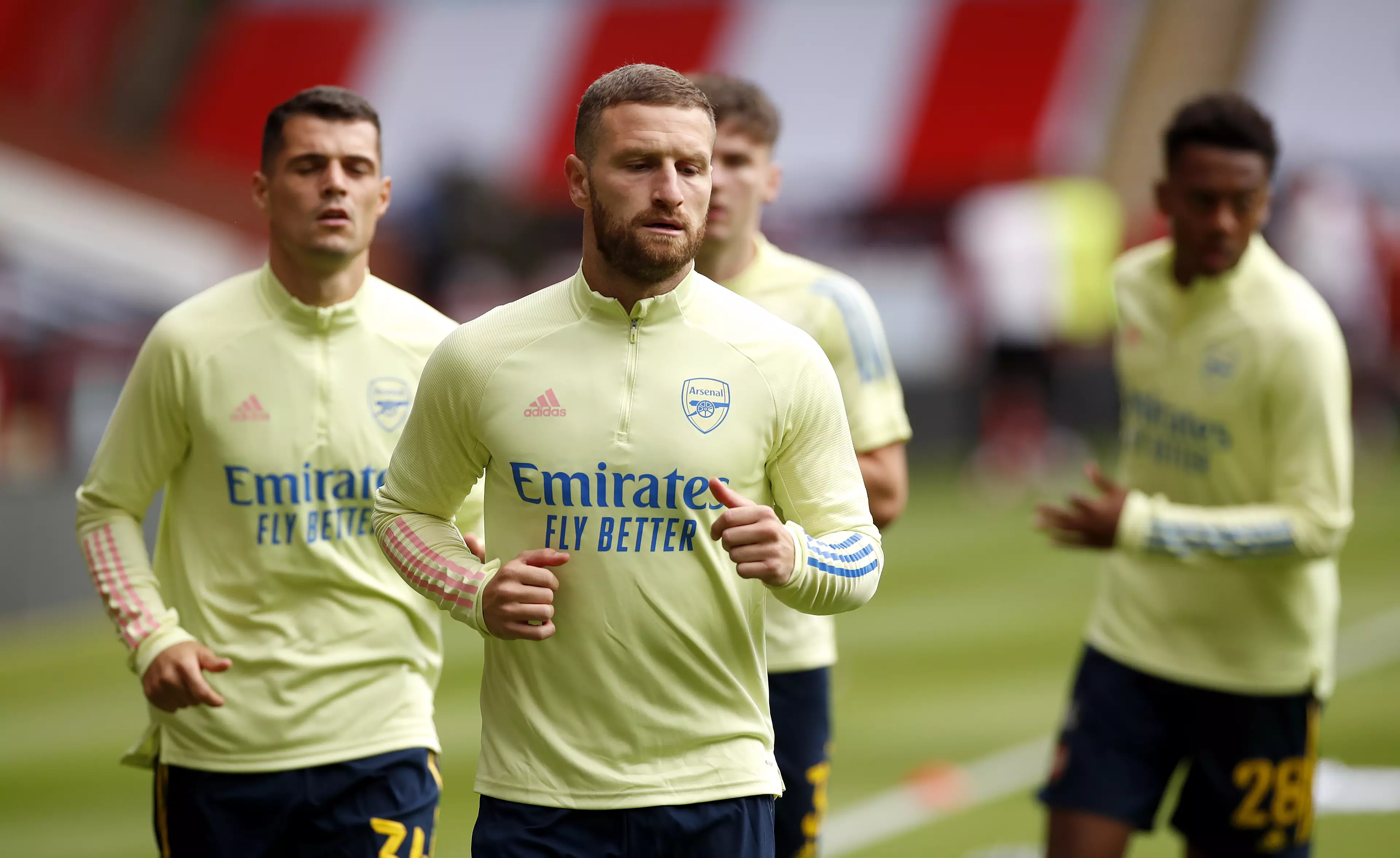
Social media abuse remains a huge problem not only in football but in all walks of life. Josh Hope has a message for those people behind the keyboard.
"I'd ask how would they feel if their son, daughter or brother were receiving that kind of treatment.
"In any other workplace, this kind of thing would not be tolerated at all but we are just expected as sportsman to have this mental fortress. I'm so fucking sick of people saying 'toughen up' and 'there's always going to be critics'. No shit.
"I think we, as footballers, understand that. Despite half of the abuse being football related, the other half no one would wish upon anyone. In recent months I've been sharing mental health awareness on my Instagram stories.
"But some of the serial offenders actually messaged me and mocked it. It is funny how people are so ignorant."
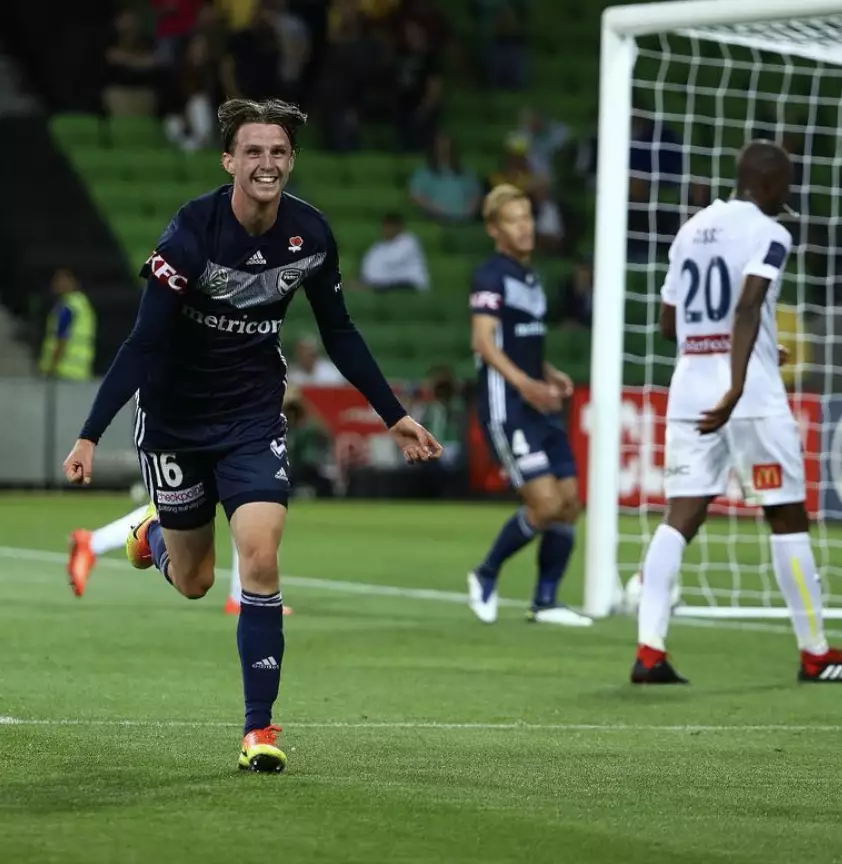
Josh still hopes that one day he will step back on a football pitch but for now, his main priority is to enjoy life again while focusing on his mental health.
"I love football and have dedicated a large portion of my life to it. I've made a lot of sacrifices, missed out on a lot. But it was all worth it because that is what I wanted. It was my passion, My dream.
"I don't know what the future holds but I do know that the day I step back on a football field, with no fear, will be a very very emotional day. I cannot wait."
Featured Image Credit:Topics: Football News, Josh Hope, #spotlight, Spotlight, Football, A-League